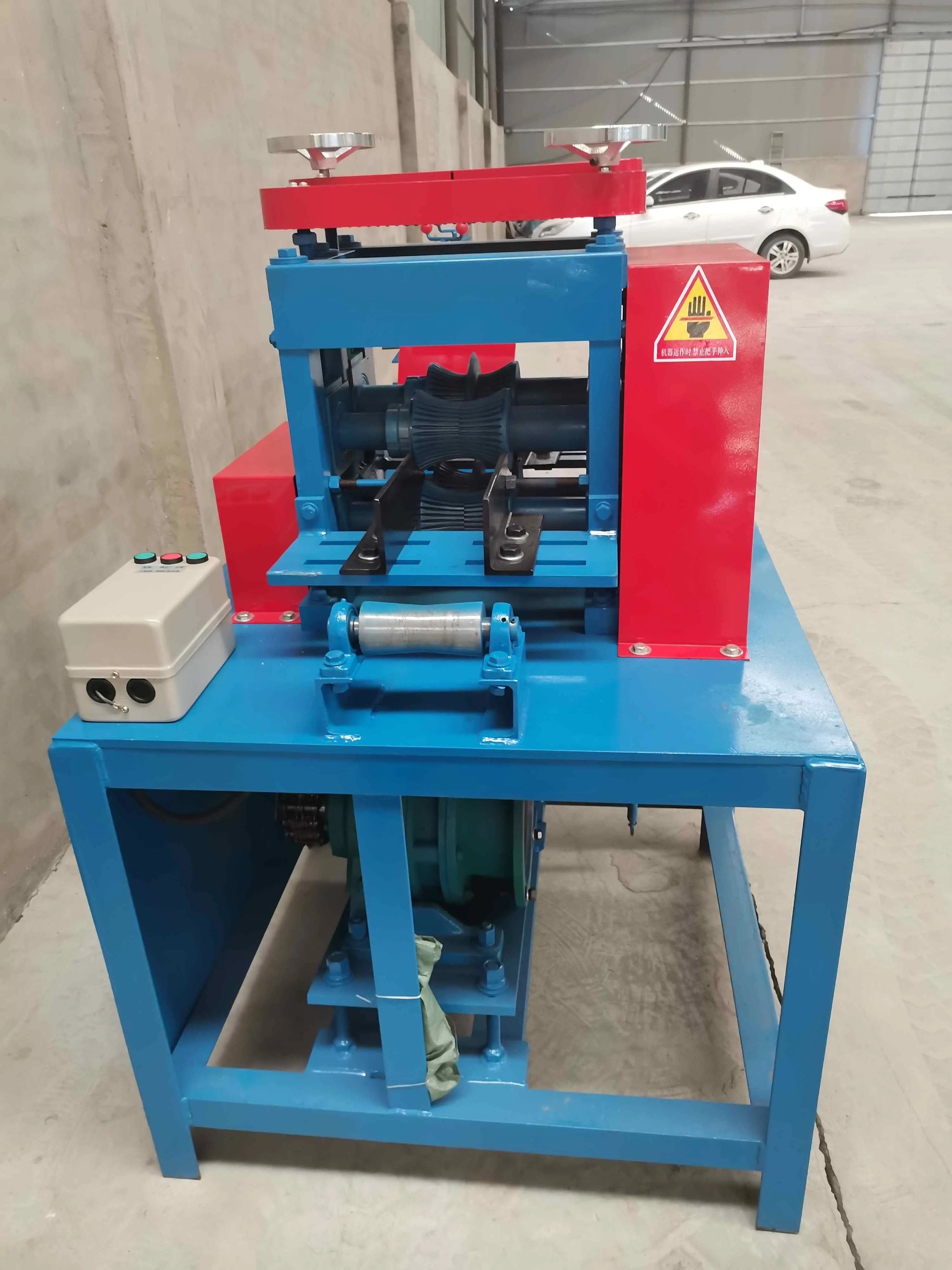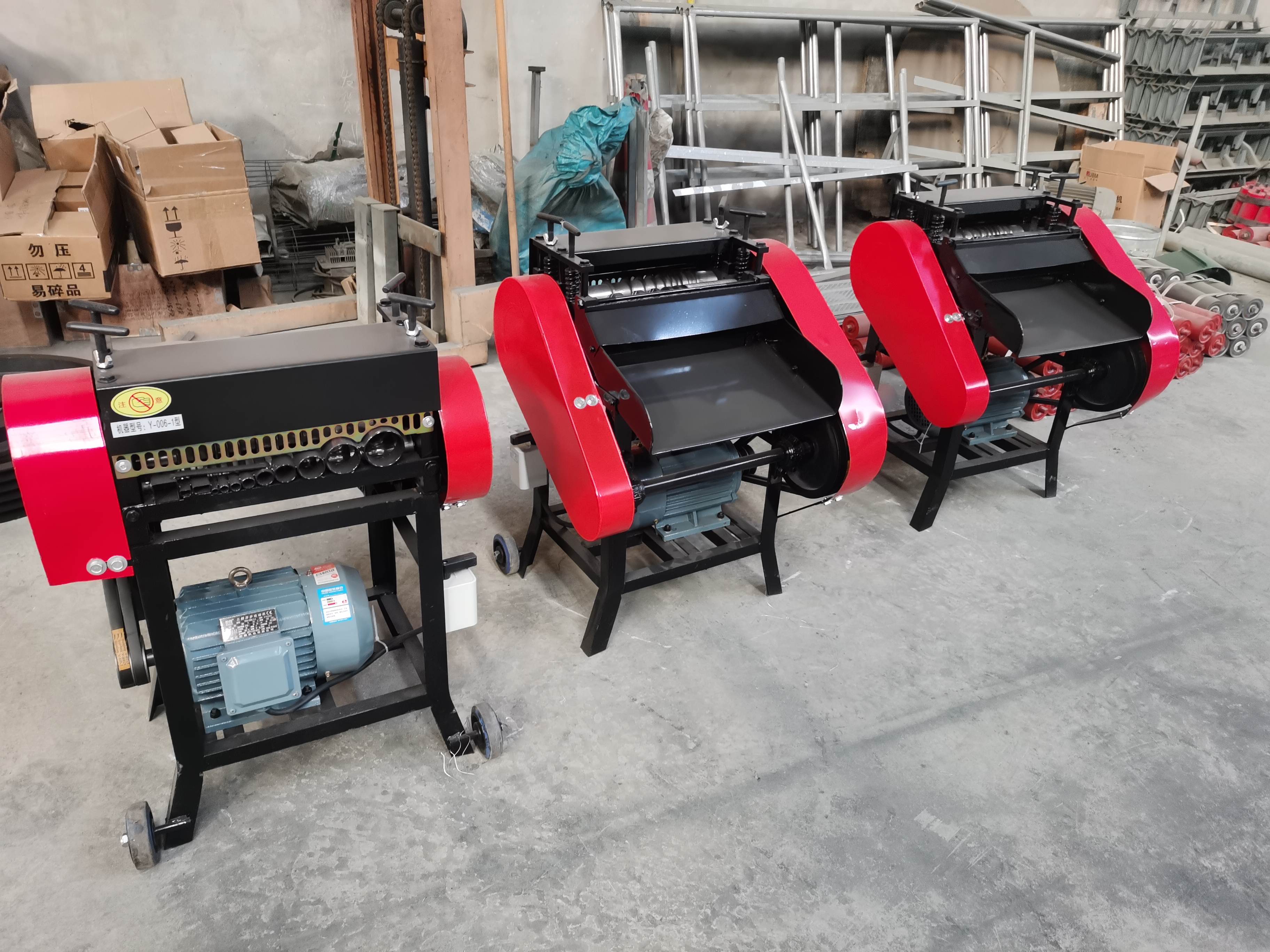The growing focus on sustainable waste management has put municipal solid waste sorting lines at the forefront of environmental innovation. A municipal solid waste sorting line serves as the heartbeat of waste processing facilities, transforming disordered waste into neatly separated streams ready for recycling and reuse, hence contributing significantly to the circular economy. This article delves into the vital components, functions, and advantages of an advanced municipal solid waste sorting line from a product perspective, with a focus on the factors that ensure expertise, authoritativeness, and trustworthiness in its application and effectiveness.

Modern municipal solid waste sorting lines incorporate a blend of cutting-edge technology, engineering precision, and sustainable design, fundamental for achieving high efficiency. At the core of these systems are conveyor belts, ballistic separators, shredders, and various sensor-based sorting technologies. Each component plays a crucial role in the seamless separation of diverse waste materials, including plastics, metals, paper, and organic waste, based on their unique characteristics.
The conveyor belt is the circulatory system of a waste sorting line, transporting waste between different sections for further sorting and treatment. Ballistic separators then take center stage, skillfully distinguishing between flat and 3D materials using a combination of rotational kinetic energy and density differences. Materials that do not meet the criteria for mechanical separation are subjected to shredders which homogenize the input and ensure optimal size for subsequent processing stages.

Sensor-based technologies, such as Near-Infrared (NIR) sensors, optical sorters, and magnetic separators, bring unparalleled expertise and accuracy to the sorting process. These advanced systems detect materials based on their spectral signatures, offering high-speed and precise processing. For instance, NIR sensors can quickly differentiate between various types of plastics, enabling facilities to recycle these valuable resources more effectively.
The effective operation of these systems requires not just technical prowess but also an in-depth understanding of regulatory compliance and environmental impacts. Institutional expertise in engineering, environmental science, and industrial regulations plays a pivotal role in optimizing the function of municipal solid waste sorting lines. Facilities with accredited scientists and engineers can design, operate, and evaluate their sorting lines with greater authority and trustworthiness, ensuring adherence to international standards such as ISO 14001 for environmental management.
municipal solid waste sorting line
One primary advantage of an expertly managed municipal solid waste sorting line is its role in minimizing landfill reliance. By efficiently separating recyclable materials, these lines reduce the volume of waste dispatched to landfills, thereby lowering greenhouse gas emissions and conserving land resources. Moreover, significant cost savings are realized for municipalities by decreasing waste management operational costs and increasing revenue from recycled materials.
Another compelling benefit is the enhanced public and environmental health. Properly managed waste sorting lines prevent harmful substances from leaching into soil and water resources, safeguarding ecosystems and human health. Additionally, they contribute to the reduction of illegal dumping and littering, promoting cleaner and more sustainable communities.
As the technology continues to evolve, innovation within the sector promises even greater efficiencies and capabilities. Upcoming developments in artificial intelligence and machine learning offer potentials for further automation and optimization, improving sorting accuracy and speed while reducing the need for human intervention. The integration of these technologies will likely enhance the authoritativeness and reliability of municipal solid waste sorting lines, establishing them as indispensable fixtures in modern waste management infrastructure.
In conclusion, the municipal solid waste sorting line is an environmentally authoritative and technologically advanced system pivotal to sustainable urban living. While the current frameworks already provide substantial environmental and economic benefits, the continuous evolution in the technology and expertise assures a significant impact on global waste management efforts. Facilities committed to investing in and maintaining these systems embody the principles of experience, expertise, authoritativeness, and trustworthiness, setting an industry standard for effective waste management practices.


